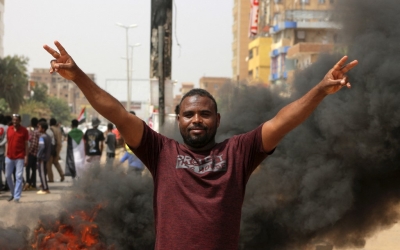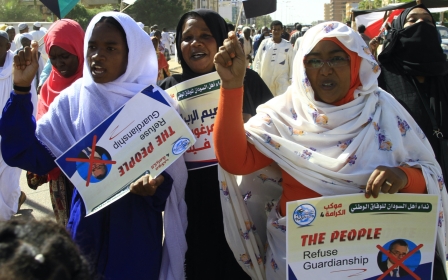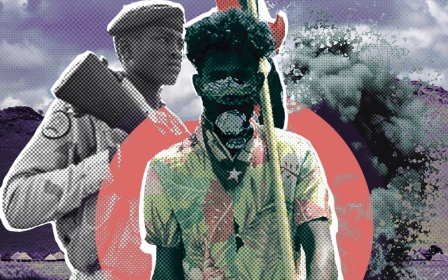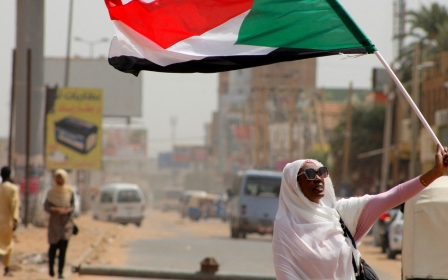Jailed ex-Sudanese president Bashir hospitalised, says lawyer
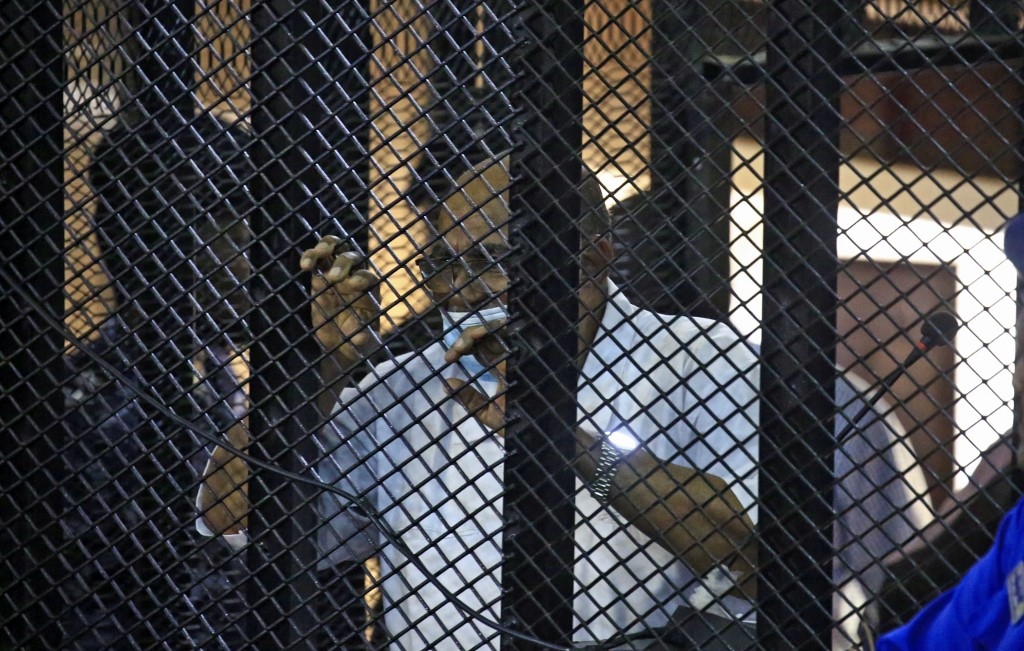
Former Sudanese president Omar al-Bashir has been moved from prison to hospital to complete some medical treatment, his lawyer Hashim Abu-Bakr said on Sunday.
The 78-year-old has been in custody while he is being tried over the 1989 coup that brought him to power. He was ousted in an uprising in 2019.
His lawyers had on Tuesday petitioned the court to transfer him to hospital, saying blood pressure and kidney issues posed a threat to his life if left untreated in prison.
Images of Bashir walking around in a hospital ward caused controversy earlier this year.
A military leader who had served as Sudan’s minister of defence, Bashir led a successful 1989 coup, later naming himself chairman of the Revolutionary Command Council.
He then dissolved the country's elected government, banned political parties and trade unions, and ushered in a series of restrictive measures to cement his grip on power, including a ban on demonstrations and the imposition of a state of emergency. Bashir ruled the country for three decades until he was ousted in April 2019.
More than two years later, army chief Abdel Fattah al-Burhan led a military coup against the civilian transitional government, which sparked international condemnation and local unrest. Near-weekly anti-coup protests have been held across Sudan, and protesters have been met with violent, deadly crackdowns.
Sudan's resistance committees have called for nationwide protests after widely rejecting an internationally-brokered political deal between the country's military leaders and key civilian elites set to be signed on Monday.
The agreement aims to resolve the political crisis created when the military seized power in October 2021 and build a civilian-led democratic transitional government, but opponents believe it is just a reproduction of the coup and could even allow Bashir's associates to return to power.
Middle East Eye delivers independent and unrivalled coverage and analysis of the Middle East, North Africa and beyond. To learn more about republishing this content and the associated fees, please fill out this form. More about MEE can be found here.


